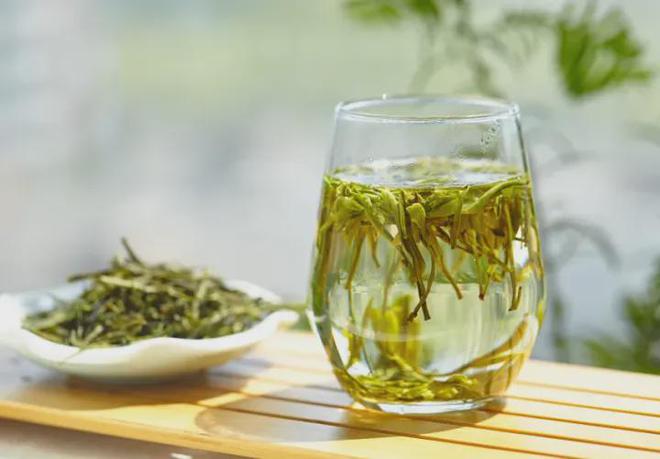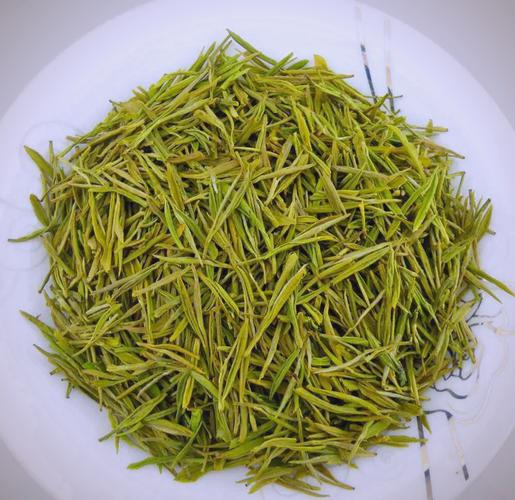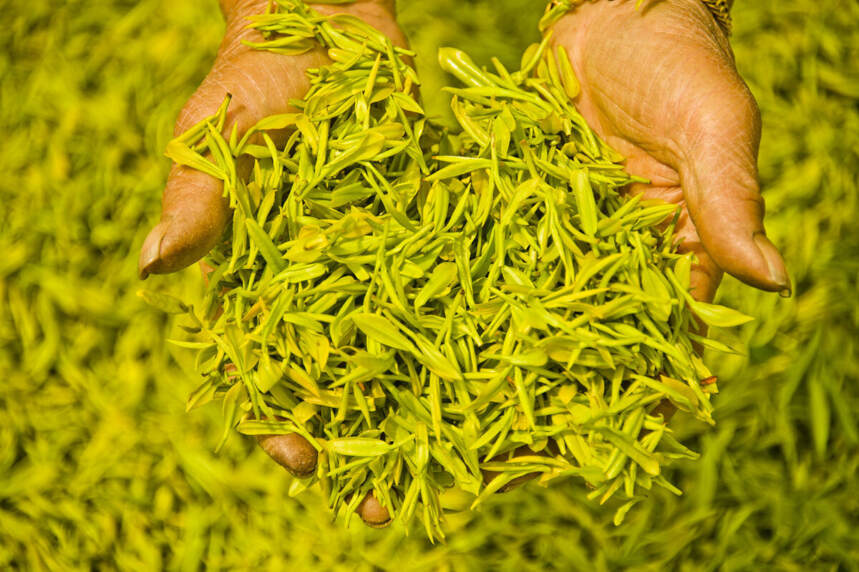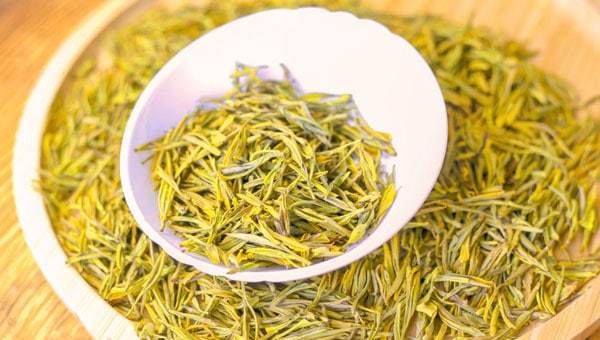Yellow tea, a lightly fermented tea with a delicate flavor profile, offers unique health benefits but may pose risks in certain contexts. Below are key contraindications to consider:

1. Caffeine Sensitivity
While lower in caffeine than black tea (≈20-30 mg per cup), yellow tea may still cause:
- Mild insomnia, jitters, or anxiety in sensitive individuals.
- Elevated heart rate or blood pressure in hyper-responders.
Advice: Limit intake to 3-4 cups daily or opt for decaffeinated blends.
2. Iron Absorption Inhibition
Yellow tea contains tannins that bind to dietary iron, reducing absorption. Avoid pairing with iron-rich meals or supplements.
Study Note: Research shows a 40-60% decrease in iron bioavailability when consumed with tea.
3. Gastrointestinal Issues
- Acid Reflux/GERD: Caffeine and tannins may relax the lower esophageal sphincter, worsening symptoms.
- Peptic Ulcers: Caffeine stimulates gastric acid production.
- IBS: Tannins could irritate the gut, causing bloating or diarrhea.
Recommendation: Drink after meals or choose low-tannin varieties.
4. Pregnancy and Lactation
- Pregnant Women: Excessive caffeine (>200 mg/day) is linked to fetal growth risks. Limit to 2-3 cups daily.
- Breastfeeding Mothers: Caffeine transfers to breast milk, potentially causing colic or sleep disturbances in infants.
Caution: Consult healthcare providers before regular consumption.
5. Drug Interactions
Yellow tea’s caffeine and tannins may interact with:
- Blood Thinners (Warfarin): Increases bleeding risk.
- Antibiotics (Tetracycline): Reduces drug efficacy.
- Benzodiazepines (Anxiety Medications): Amplifies sedation.
Critical: Inform healthcare providers of tea habits during treatment.
6. Overconsumption Risks
- Caffeine Dependency: Withdrawal symptoms (headaches, fatigue) may occur with habitual high intake.
- Nutrient Depletion: Tannins hinder absorption of folate, calcium, and B vitamins.
7. Allergies
Rare cases of allergic reactions to tea proteins or mold byproducts (e.g., in low-quality blends). Symptoms include hives or respiratory distress.
8. Pesticide Residues
Non-organic yellow teas may contain pesticide residues like chlorpyrifos. Opt for certified organic or rinse leaves before steeping.
9. Children and Adolescents
Limit caffeine intake due to lower body weight. Excessive consumption may disrupt sleep, focus, or behavior.
10. High-Temperature Brewing
Steeping at >90°C (194°F) extracts more tannins and caffeine, increasing bitterness and irritation risk.
Optimal: Brew at 80-85°C (176-185°F) for 2-3 minutes.
11. Liver Conditions
While yellow tea aids liver health in moderation, overconsumption (5+ cups/day) may strain hepatic function in those with pre-existing liver disease.
Final Recommendations
- Moderation: 3-4 cups daily (≈90-120 mg caffeine).
- Timing: Avoid late-day consumption to prevent sleep disturbances.
- Consult Professionals: Discuss with doctors if managing chronic conditions or taking medications.
By mindfully enjoying yellow tea, you can harness its benefits while mitigating potential risks. 🍵✨



